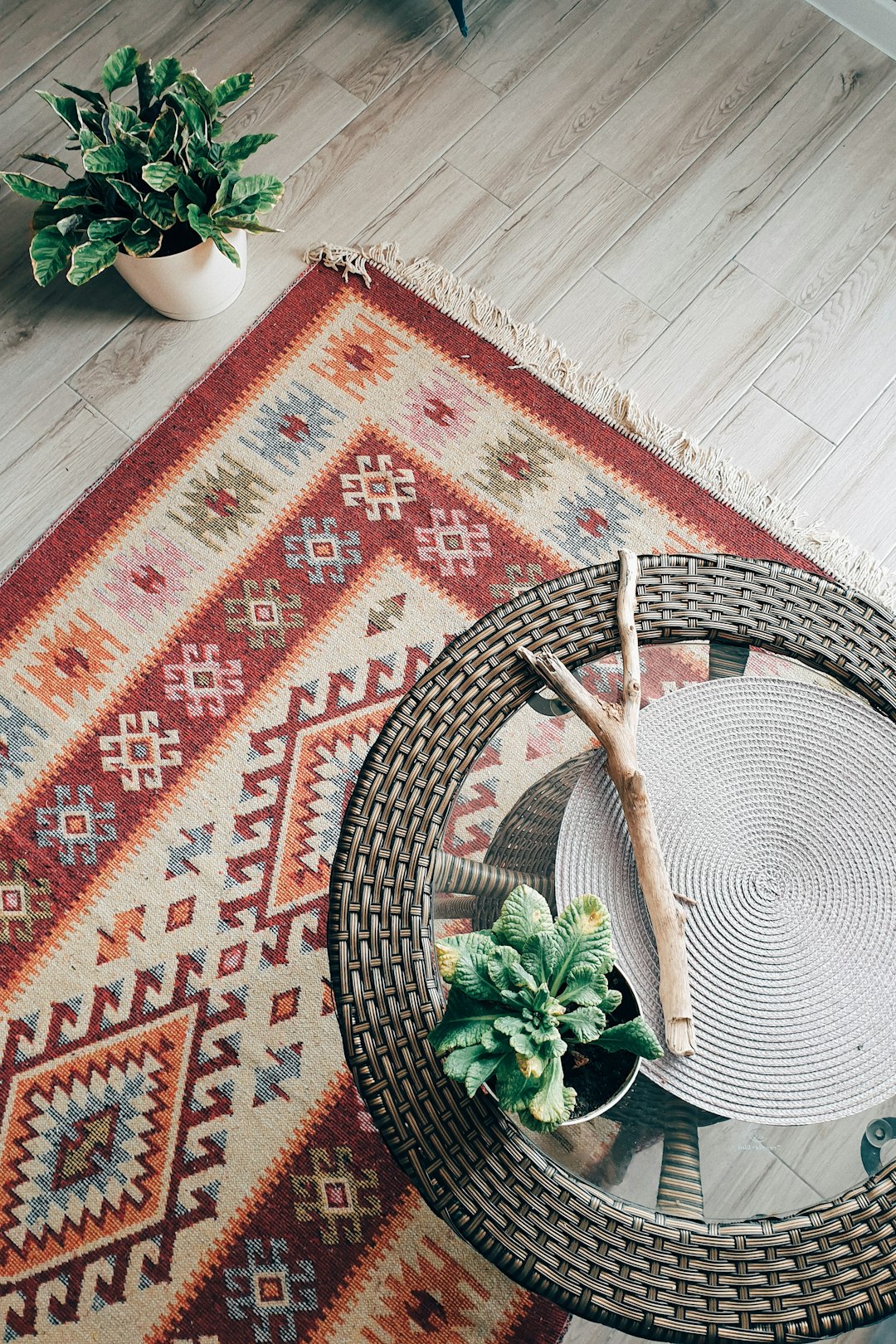 Photo from Unsplash
Photo from Unsplash
Originally Posted On: https://rugsource.com/the-art-of-rug-making-a-behind-the-scenes-look-at-the-intricate-craftsmanship-involved-in-creating-these-masterpieces/
Rug-making is an ancient art form that has been practiced for thousands of years. The process of creating a rug involves a combination of artistry, technique, and patience, as skilled weavers use their hands to create intricate designs and patterns that are both beautiful and functional. In this blog post, we’ll take a behind-the-scenes look at the art of rug-making and explore the intricate craftsmanship involved in creating these masterpieces.
Materials Used in Rug-Making
The materials used in rug-making vary depending on the region and culture in which the rug is being made. In general, however, most rugs are made using natural fibers such as wool, silk, or cotton. Wool is the most commonly used fiber, as it is strong, durable, and relatively easy to work with. Silk is also a popular choice for high-end rugs, as it has a lustrous sheen and a soft texture. Cotton is often used as a foundation for the rug, as it is strong and stable.
The Weaving Process
The weaving process is the heart of rug-making and involves a series of intricate steps that require skill, patience, and attention to detail. The process begins with the creation of the warp and weft, which are the foundation threads that form the base of the rug. The warp threads are strung vertically on a loom, while the weft threads are woven horizontally between the warp threads.
Once the foundation threads are in place, the weaver begins to knot the pile. The pile is created by tying individual knots around the warp threads, with each knot forming a tiny loop that will eventually become a tuft of yarn on the surface of the rug. The density of the knots and the length of the pile will determine the quality and texture of the finished rug.
Design and Pattern
The design and pattern of the rug are perhaps the most important elements of the rug-making process. Traditional designs and motifs are often passed down through generations of weavers, with each culture and region having its own unique style. The weaver will use a pattern as a guide, either drawn onto the warp threads or placed nearby for reference.
The weaver will carefully select the colors and textures of the yarn used in the rug, often blending different shades and fibers to create a subtle and nuanced effect. As the weaver works, they will follow the pattern and knot the pile, adjusting the colors and texture as needed to create the desired effect.
Finishing the Rug
Once the weaving process is complete, the rug is removed from the loom and finished by hand. The weaver will trim the pile to create an even surface and then apply a binding along the edges of the rug to prevent fraying. The rug may also be washed and dried to remove any loose fibers or dust.
Conclusion
Rug-making is an art form that requires a combination of skill, creativity, and patience. From selecting the materials to knotting the pile and finishing the rug, every step in the process requires careful attention to detail and a commitment to quality. The resulting rugs are not only beautiful works of art, but also functional pieces that can add warmth and comfort to any home or space. Whether you’re a collector, designer, or simply appreciate the beauty and craftsmanship of these textiles, the art of rug-making is a testament to the enduring appeal of traditional crafts and techniques.














